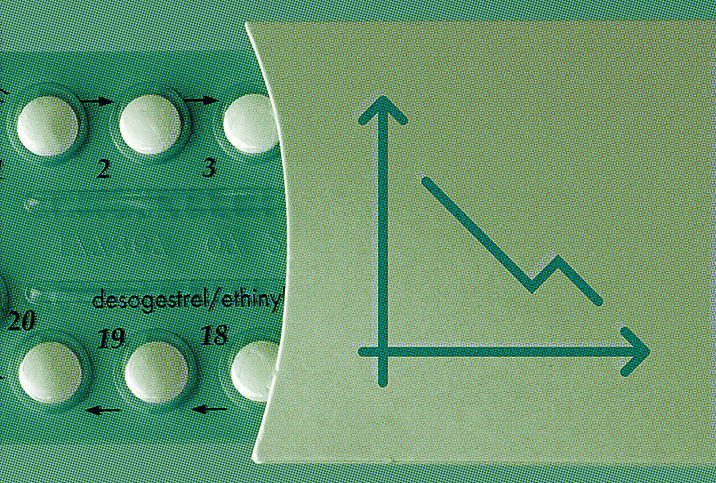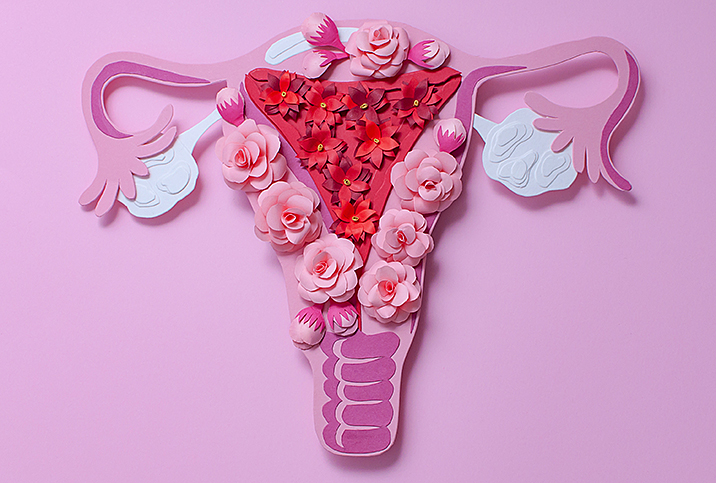Can Birth Control Reduce Your Risk of Ovarian Cancer?

Ovarian cancer, along with other female reproductive system cancers, is a diagnosis women most worry about. Many of us no doubt cross our fingers at our annual gynecological visits with an overwhelming feeling there’s nothing we can do to protect ourselves.
However, we do actually have the power to reduce our risk of ovarian cancer in several ways, including by taking birth control pills.
Know your risks
As with any form of cancer, your daily lifestyle choices, combined with genetic risk factors, either increase or decrease your chances of developing ovarian cancer.
If you have a family history of ovarian cancer, you should be especially vigilant in monitoring your health for symptoms. However, if you have a family history of any cancer at all, you should be concerned because that genetic tendency makes you more susceptible.
Your personal history with cancer (especially women who have had colon or reproductive cancers) can increase the risk of developing a secondary cancer, particularly ovarian cancer. Hereditary genetic mutations such as the BRCA mutation are also significant factors.
In addition to hereditary risks, your current health is an important factor as far as cancer is concerned. Giving up smoking and tobacco products as well as any recreational drugs is a smart move.
Health conditions such as endometriosis, obesity and early menopause increase your chances of developing ovarian cancer as well.
Other risks for ovarian cancer include your age, especially if you are over 40 and post-menopause, and whether or not you have had children.
Your birth control
While taking birth control pills can come with a specific set of risks, women frequently choose the pill over other contraceptives because it can reduce their risk of developing ovarian cancer.
The most common form of ovarian cancer is caused by abnormal cell growths on or inside the ovaries. Unlike other cancers, these growths have a very specific cause—scar tissue growth following egg release during ovulation. With each month’s ovulation, this scar tissue has the potential to become a cancerous growth.
Although the exact mechanism for protection has not been completely deciphered, the thought is some combination of cell proliferation prevention in the fallopian tubes and ovaries, which occurs during normal cycles with hormonal regulation via birth control, is the driving force behind the risk reduction. If you are in a high-risk category for ovarian cancer, you should speak with your doctor to decide if taking the pill could help protect you.
Using other forms of birth control such as hormonal and non-hormonal intrauterine devices (IUDs) can also reduce your risk of ovarian cancer by up to 50 percent. Anti-inflammatory effects have been cited, in addition to hormones, as part of the reason IUDs can have such an impact.
Your lifestyle choices
The science is clear, if you eat healthfully and stay active, you can dramatically reduce your risks of all cancers, including ovarian. Small changes such as increasing your intake of fresh fruits and vegetables and daily exercise can boost your immune system and keep your body functioning in peak condition. Low-impact activities, including going for a brisk walk or taking the stairs instead of the elevator, are great ways to start living a healthier lifestyle and lower your chances of developing cancer.
The symptoms of ovarian cancer are difficult to identify and can be confused with other conditions. Paying close attention to changes in your health and learning about ovarian cancer can play an important role in early detection and treatment and give you some control over your future.

















